How We Know What We Know
Thinking about Thinking in IB Schools: How We Know What We Know (Fogarty, Pete, 2020)
Read More
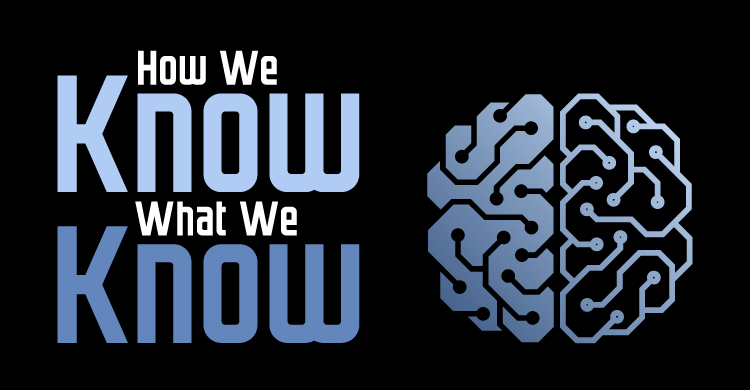
Thinking about Thinking in IB Schools: How We Know What We Know (Fogarty, Pete, 2020)
Read More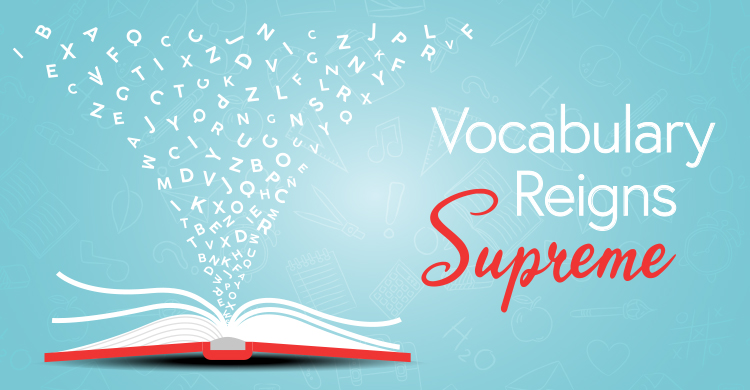
Based on Literacy Reframed “After we learn the mechanics of reading early on, through phonics
Read More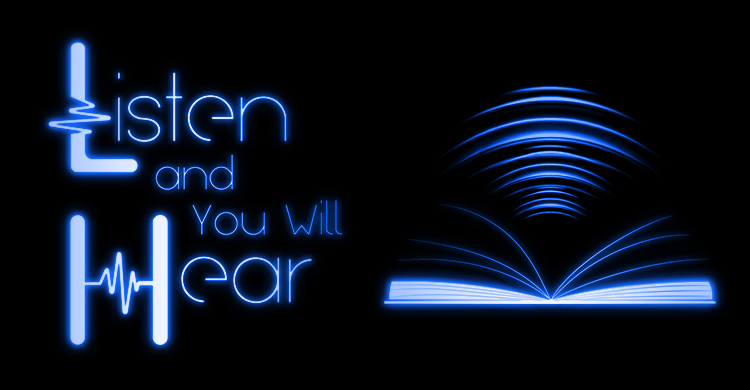
Based on Literacy Reframed Listen, and you will hear, the sounds of literacy ringing in
Read More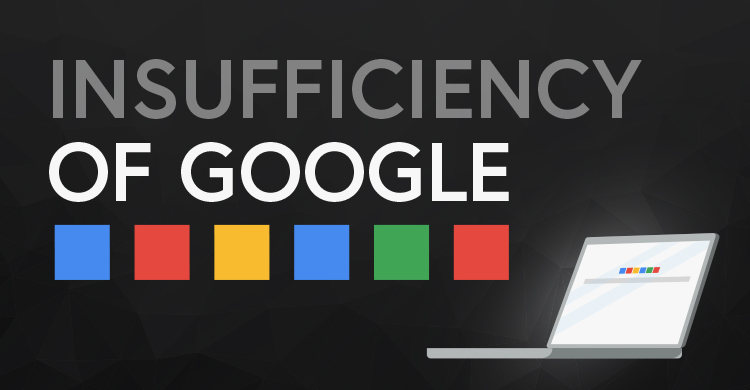
Based on Literacy Reframed: How a Focus on Decoding, Vocabulary, and Background Knowledge Improves Reading
Read More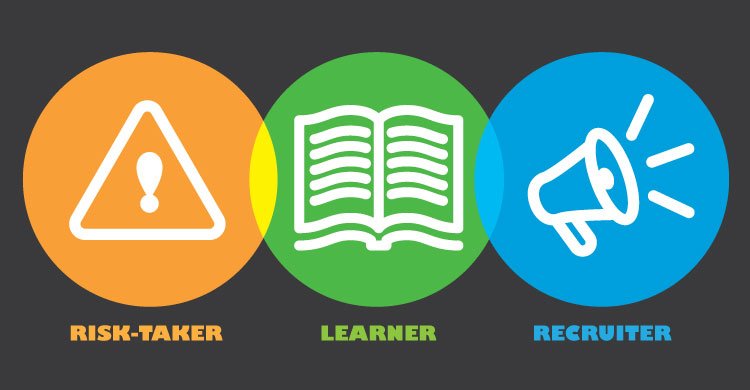
“It is not the strongest of the species that survives, nor the most intelligent, but
Read More